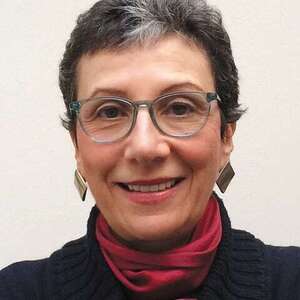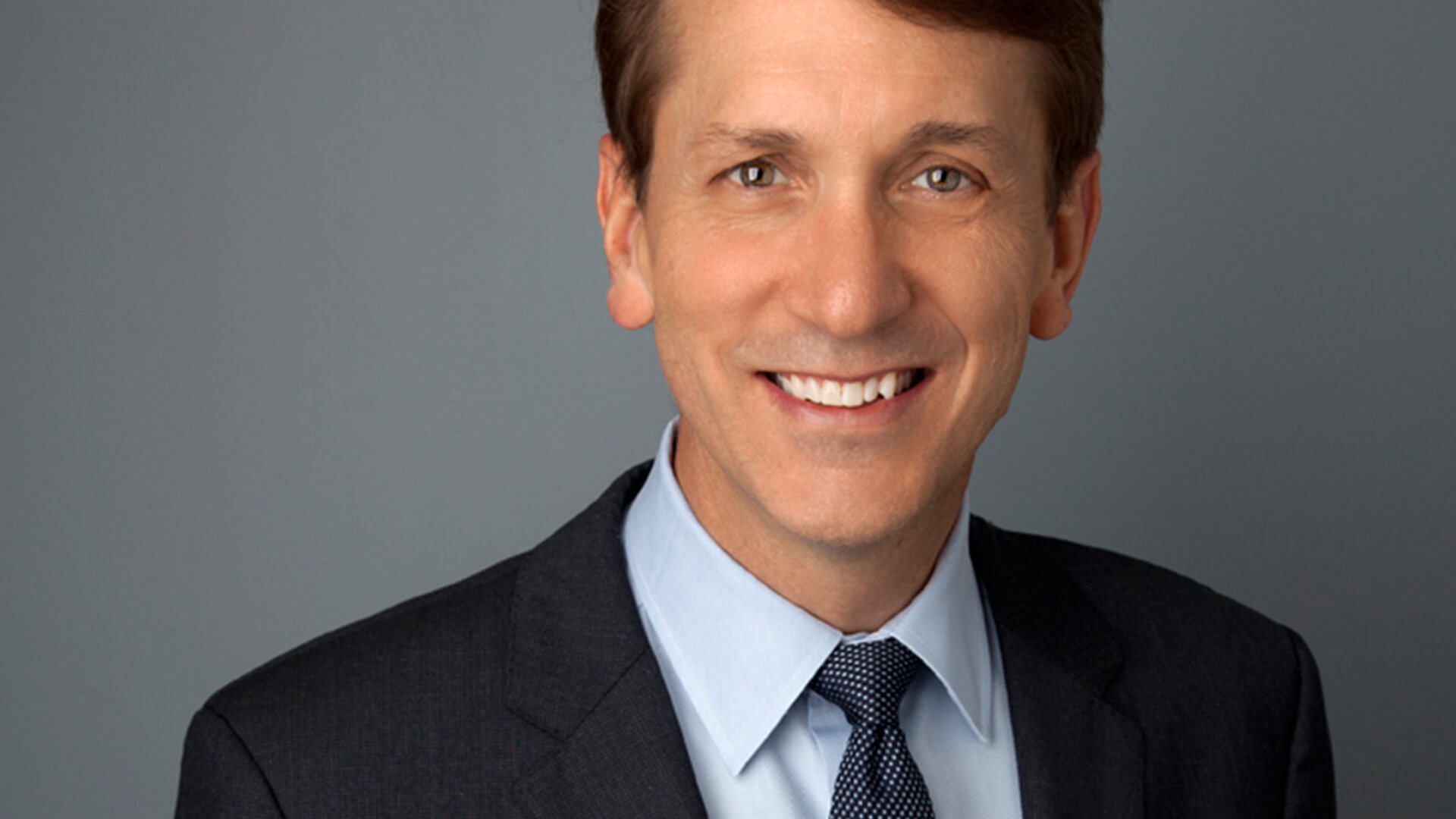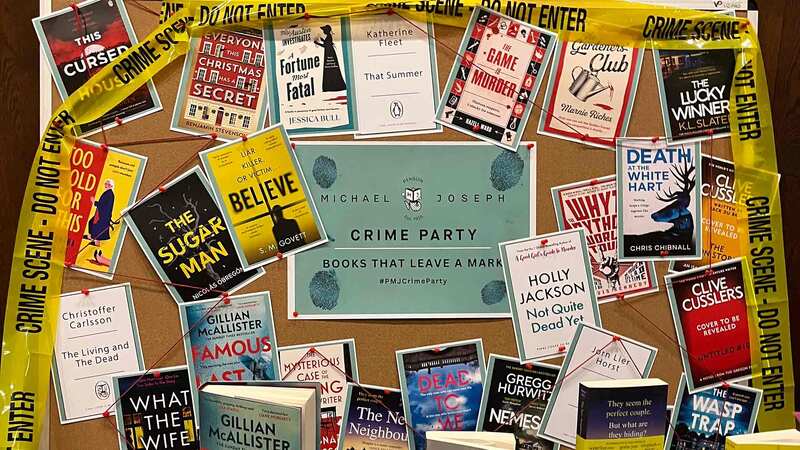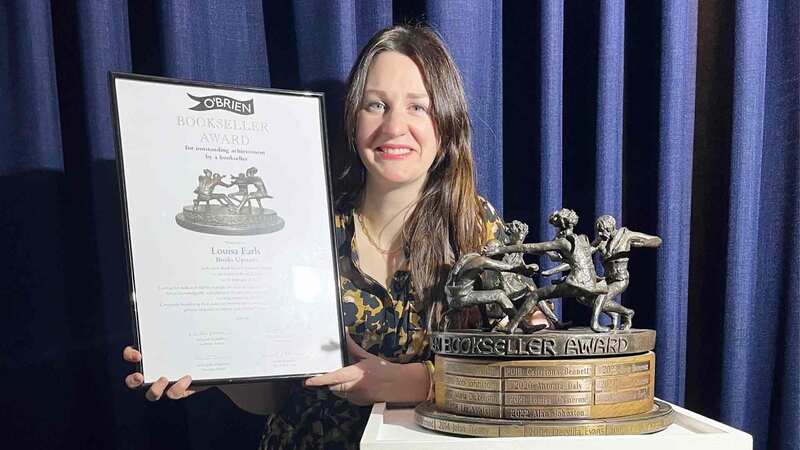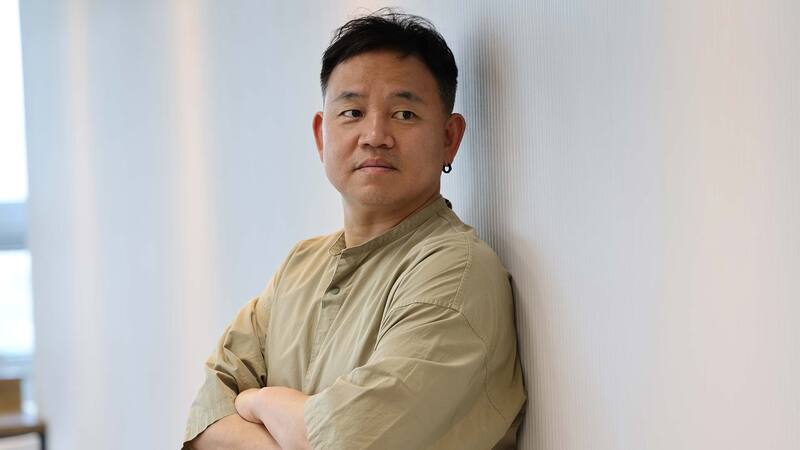You are viewing your 1 free article this month. Login to read more articles.
Publishers look to quell the fires raging at AAP meeting
"The answer isn’t censorship, but the regulation of algorithms favouring constructive speech over emotion and anger"
Opening the Association of American Publishers annual meeting, chairman Michael Pietsch, chief executive of the Hachette Book Group, described the AAP as the "common meeting ground" for fighting "fires raging" from the "biggest set of simultaneous challenges facing publishers in a generation": plague, war, supply chain, diversity shortfalls, climate change, "outrageous" book bans, and an "unrelenting" attempt to weaken copyright.
A roster of good speakers—including actress Viola Davis, public health expert and psychologist Dr Arthur Evans, Jr, and Russia expert Anne Applebaum, recently in Ukraine—elaborated on challenges with urgency and ideas.
First came a report by AAP c.e.o Maria Pallante. On Free Expression, she spoke of "thousands" of books being questioned "with a scrutiny that is newly chilling". Parents and communities have a role in education, but that "has constitutional limits that don’t extend to capricious actions." She pointed to the AAP supporting the NAACP in its recent fight against a Missouri district’s attempt to remove books from school libraries, including Toni Morrison’s The Bluest Eye.
Pallante quoted the late Supreme Court Justice Sandra Day O’Connor emphasising that the Constitution’s framers saw "copyright itself to be the engine of free expression." Now Big Tech is threatening that engine; last year, its lobbyists spent $70m to influence the federal government. In response, the AAP is working to help push through the American Innovation and Choice Online Act, legislation that could begin "to rein in" tech companies’ "self-preferencing, using non-public data to manipulate online sales," etc. Pallante also referenced the AAP’s role in combating tech misinformation, as well as ongoing fights against the Internet Archive and the state of Maryland over illegal digitisation.
The International Freedom to Publish Award was given to Guatemala’s Raul Figueroa Sarti, who founded F&G Editores thirty years ago, and has been harassed ever since for promoting truth in a country whose political battles and corruption have resulted in 200,000 dead and 40,000 missing. "This award emboldens us to carry on," Sarti said.
Most riveting was Poland-based Anne Applebaum, who’s published four books with Doubleday’s Kristine Puopolo - including Gulag and Twilight of Democracy – and answered questions from her editor. Why the trend towards autocracy? "Remember the iPhone was invented in 2007. With the amount of information available now, there’s the sense we can’t keep up or know what’s true, and people feel nostalgic for a ‘simpler’ time." That desire to "bring back the past, make it real in the present, is what we saw in Putin’s 9th May Soviet-style parade – the parody version." In the US, that nostalgia begets a longing for a more "hierarchical" time - and authoritarian politics.
"The answer isn’t censorship, but the regulation of algorithms favouring constructive speech over emotion and anger."
Applebaum spoke of déjà-vu over Putin’s 2014 Ukraine invasion: it was "exactly what the Red Army did in 1944 in eastern Poland," the same tactics, murdering and arresting mayors and journalists, attacking civilians. Further back was the mass violence, murder, and removal of food that caused the Ukrainian famine under Stalin. "I thought I was writing about the past," she said, but instead "found I was writing about the future."
Three weeks ago, Applebaum interviewed Volodymyr Zelensky in Ukraine for The Atlantic. He made a lot of references to pop culture, including to Monty Python and Groundhog Day. One can see why, and not just because Ukraine’s president was a former comedian. The U.S. and its allies are at last stepping up, providing the weapons he needs, "getting close to the level we should be, understanding that Ukraine can win". If it doesn’t, Applebaum warned, Russia would be empowered to invade "Poland, the Baltic states, even Germany." Deterrence prevented war in Europe for decades; "that’s a lesson I hope is learned around the world."
As for what publishing can do, we should be "giving voice to Russians who have a different vision." The distribution of western authors in Russia should be continued. China will be "even more complicated," given its censorship of foreign writers. There are things we can do to keep translated Western books in China, but be "very careful" that "what you publish there remains true" to what was written. Finally, in the US itself, "the answer isn’t censorship, but the regulation of algorithms favouring constructive speech over emotion and anger." And think about "what public service social media would look like," to encourage better forms of conversation both online and off.
